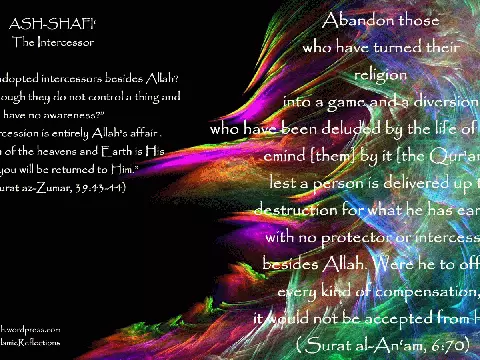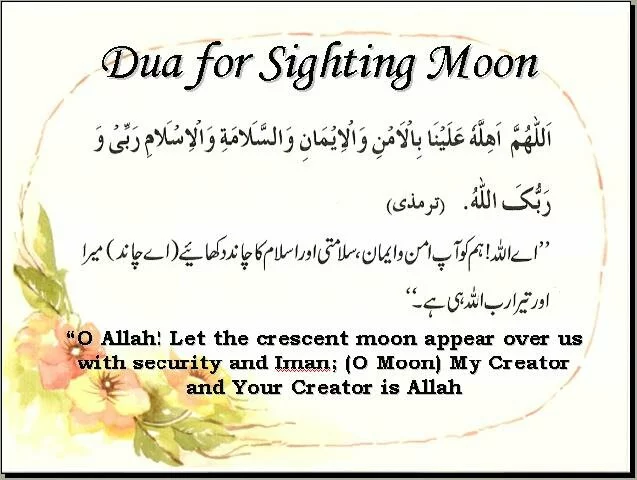It is always good to ponder the true meaning of our religious practices. The month of Ramadan has started and almost 1.5 billion Muslims around the globe are fasting, taking part in an individual and spiritual journey as well as a communal religious celebration. Ramadan is a time to come back to our selves; to come back to our families, our communities, and our societies. It is time for meditating on and for assessing our lives. Beyond being a religious obligation—and often a family tradition—fasting is a school with different levels of knowledge, understanding and commitment.
For every single believer, fasting is an opportunity to think deeply about the meaning of life, its priorities and objectives. We stop eating and drinking during the day, the better to master ourselves to hold in check the human features of our being while we attempt to touch the positive aspiration within us, like a divine spark in our hearts. There is nothing easy about Ramadan: it demands physical effort to gain spiritual achievement. Here lies the meaning of education (tarbiyya) in Islam, as the Lord is the Supreme Educator (ar-Rabb).
Thus, the main objective is to reform and purify ourselves, our bodies, our minds, our hearts through demanding exercises, such as praying, fasting and paying zakah (the purifying social tax). It is not enough not to eat, not to drink and to avoid sex: to fast is to rediscover a philosophy of life that demands constant effort to improve, and to reconcile ourselves with the values and the objectives we have set for our lives. To fast is to rediscover the meaning of mercy (rahmah) and compassion, starting with our own selves. It implies that we remain trustful, optimistic and stop being overcome with guilt. The month of Ramadan is the month of mercy and peace (salam), inner peace as well as peace in the community. It is a month of love, when we show our love to the Most Loving One (al-Wadud) and spread love around us towards our parents, our children, our fellow human beings and especially the poor. This is the way the Most Loving will love us, reminding us by saying “Call me I shall respond to you”, “come to me walking I shall come running to you.” The One God is closer to every one of us than our jugular vein. He is so near (Qareeb) that He is the caring and loving Witness (Shaheed) to all that we do.
Ramadan is the time when the search for life’s meaning, for self-restraint and discipline should prevail over superficial desires, illusions and artificial appetites. It is time to eat less; to meditate and give more. Unfortunately, the statistics are cause for concern: Muslims tend to eat more during the month of Ramadan, ending the fasting days with large and festive meals, or even banquets, turning the month of spiritual restraint into a month of material opulence and excessive consumption. Some Christians have expressed concern about Christmas becoming a kind of family tradition, losing its spiritual meaning and justifying, with a spiritual veneer, the consumerist system of capitalism. People give more during Christmas because people spend more on food, fashionable products, etc. It has become a period of buying and selling: good for the marketplace but not very good for the soul. Muslims should be aware that they might end up doing the same with Ramadan: many are more interested in Ramadan’s nights (of eating and even partying) than in its days of restraint and moderation. Many Muslims are transforming Ramadan into a copy of Christmas: they end up spending more, eating more and forsaking the spiritual objectives of their fast. Reform must start with our selves, by controlling our consumption and deepening our understanding.
Ramadan is also a month of human solidarity. While we may experience hunger until sunset, people are starving to death in many countries and especially in Somalia over these last weeks and months. The Messenger (peace and blessings of Allah be upon him) was always generous but even more so during the fasting days. To fast signifies to become closer to the Only One, the First, and to care for the last ones, the poor, the disenfranchised, and the excluded. This is the time to give of one’s time, one’s money, and one’s heart. The spiritual meaning of solidarity is nurtured by the way we deal with our own selves: we should not give to justify, or to excuse our laziness, our lack of commitment, our contradictions or even our lies. The spiritual quality of our giving depends on our personal struggle to be better and more dignified individuals. Our personal self-discipline during Ramadan teaches us that the way we give is as important in the sight of God as what we give. He calls upon us to remain dignified and to give to people with dignity, be they Muslims or people of other faiths, whose dignity we respect profoundly, dearly. This is the meaning of the Qur’anic verse: “We (God) assuredly gave dignity to human beings” (Al-Isra’ 17: 70), female, and male, white and black, rich and poor, Muslims or not.
Fasting also involves justice, as we pay attention to our heart’s rights and to our spiritual needs. To fast is an act of justice towards the self. It should also be an act of justice towards human beings around the world, those who are oppressed and unjustly treated. God is the Just and He commands justice, as the Qur’an tells us. This is the message we Muslims should never forget as we watch Syrian and Bahraini civilians being killed while they demand justice, freedom and dignity. Our hearts and prayers should be with the oppressed, acknowledging that resistance against the oppressors is legitimate, especially in non-violent ways, and especially during Ramadan. To fast is to make ourselves aware of the implications of how we behave and of what we consume. Supporting the people of Syrian and the ongoing protests throughout the Arab world is consistent with this month of love, compassion, solidarity and justice. It also means we must check what we eat, to avoid and boycott products coming from occupying countries or occupied territories. How could we fast and at the same time eat dates exported by Israel, stained with the blood of so many innocent Palestinians. Fasting is awareness, commitment to justice and peaceful resistance.
Between an individual’s spiritual experience and that of the community, there is one common dimension that defines fasting. To fast is an act of liberation. To fast is to liberate one’s self from one’s ego, one’s selfishness, and one’s illusions in order to reach the true inner freedom of those who are at peace with themselves. To fast means to free society from artificial collective emotions, consumerism, insane competition and love of power in order to set ourselves free from injustice, oppression and war. Eventually to fast means to learn individually and collectively to give, to resist and to serve. In the light of our love of the One, and from our human perspective, to serve is to be spiritually freer than to be served.
Source: onislam.net



